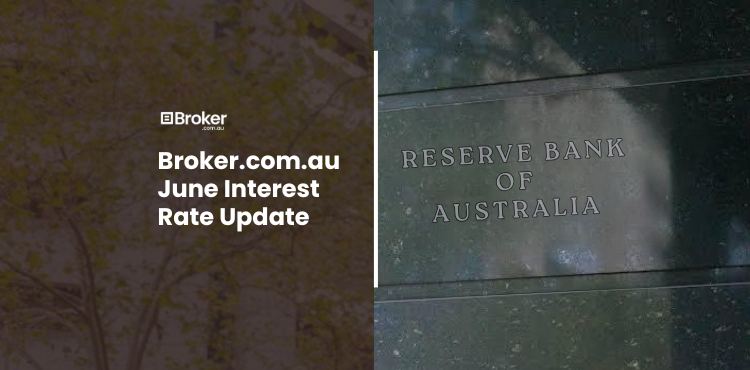Business finance
Secured Business Loans
A secured business loan is a loan made by a bank or finance company where the lender requires the borrower to pledge assets as collateral against the loan.

Loan size
$50K To $5M
loan term
1 to 10 years
Interest rate
3% to 12%
Approval speed
Slow
Secured business laon
Key features of a secured business loan
Often referred to as a traditional loan, a secured business loan is a loan made by a bank or finance company where the lender requires the borrower to pledge assets as collateral against the loan. Collateral can take the form of property, a large piece of equipment or vehicle, savings, inventory or personal assets.
Should the borrower default, the bank or lender may sell the asset to recover the amount owed. Because of the reduced risk for the lender, businesses that are able to pledge collateral often find that secured business loans are the least expensive form of finance.
Compare a secured business loan
Advantages and disadvantages
According to the Australian Banking Association, 29% of small business have outstanding property loans or other long-term loans, second only to credit cards at over 50% of small businesses.
Advantages
What are the advantages of a secured business loan
- Lower cost funding
- Long payment terms
- Fixed repayments
Disadvantages
What are the disadvantages of a secured business loan
- Slow application process
- Lenders prefer long operating history
- Fixed Prepayment penalties
Common uses & good to know
Everything else about a secured business loan

Common uses
Secured loans are less expensive than most other forms of loans as the bank or finance company is assured that they will be able to recover most or all of the loan by selling the pledged collateral in the event of default.
The reduced risk also means that lenders are happy to lend larger amounts for a longer time.
Secured business loans are therefore ideal for large one-off investments such as major property or equipment purchases, large scale renovations or expansions.
The longer term and lower cost of secured business loans also allow growing businesses to plan and reinvest in growth without the worry of loans expiring in the near term.
Good to know
Borrowers should be aware that application and approval process for secured business loans can be time consuming and long as lenders will want significant proof of the pledged asset’s existence and value.
Businesses often also have to provide lenders with historical financial statements and/or a business plan.
It may not be possible to repay the loan early without incurring sizeable prepayment penalties.
Alternative Commercial Lending options
Other Business Finance Products
Business line of credit
A business line of credit is a very flexible form of lending where you have cash available to draw down on as and when you need it.
Unsecured business loan
Unsecured business loans are loans made without requiring business collateral such as property or inventory.
Trade finance
Trade finance is any form of finance that is issued to support international trade, including letters of credit, debtor finance, & export credit.

Navigating The Commercial Loan Process
Navigate the Commercial Loan Process with ease. Learn key steps, legal tips, and how to avoid delays or defaults in private lending and settlement.

Interest Rate in Australia: Current Landscape and Future Outlook
Explore Australia’s 2025 interest rate outlook, RBA forecasts, global events, and housing shortages shaping future borrowing conditions.
Secured business loan FAQ
Frequently asked questions
Prospective borrowers looking for very large sums will still need to show a minimum of 2 year operating history and strong financials.
Most importantly, borrowers need to own an asset that can be used as collateral such as a property or another valuable asset such as a piece of equipment or inventory.
Lenders may look past a weak credit history or little operating history if the borrower is willing to pledge a valuable asset such as a business or personal property as collateral.
